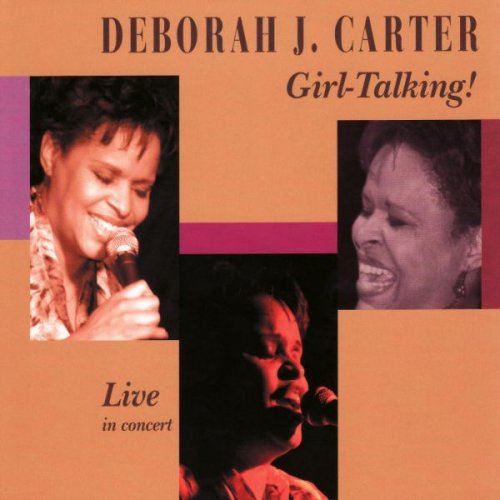Ravi Coltrane - From the Round Box (2000)
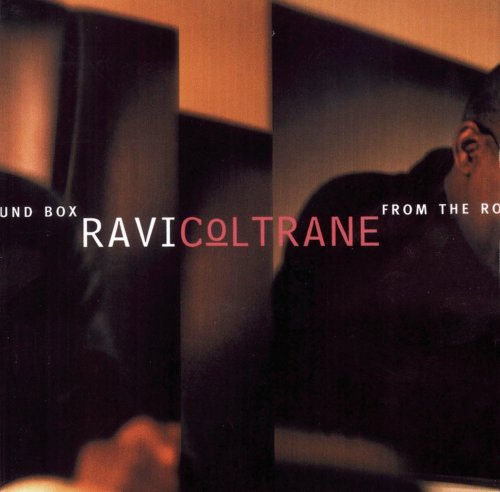
Artist: Ravi Coltrane
Title: From the Round Box
Year Of Release: 2000
Label: RCA Victor
Genre: Contemporary Jazz
Quality: FLAC (tracks+.cue, log, Scans)
Total Time: 56:24
Total Size: 329.8 MB
WebSite: Album Preview
Tracklist:Title: From the Round Box
Year Of Release: 2000
Label: RCA Victor
Genre: Contemporary Jazz
Quality: FLAC (tracks+.cue, log, Scans)
Total Time: 56:24
Total Size: 329.8 MB
WebSite: Album Preview
01. Social Drones (5:22)
02. The Chartreuse Mean (8:12)
03. Word Order (6:05)
04. Blues a la Carte (7:03)
05. Monk´s Mood (7:21)
06. Irony (7:36)
07. The Blessing (6:14)
08. Consequence (4:55)
09. Between Lines (3:32)
Credits:
Ravi Coltrane - tenor & soprano saxophones
Ralph Alessi - trumpet & flugelhorn
Geri Allen - piano
James Genus - bass
Eric Harland - drums
Andy milne - piano
On his second album as a leader, saxophonist Ravi Coltrane all but erases the stylistic imprint of his former employer Steve Coleman, an instantly recognizable, off-the-beat rhythmic concept that pervaded the music on Coltrane’s 1998 debut Moving Pictures; Coleman produced that disc and played on a few cuts, too. On From the Round Box, Coltrane’s new quintet dives headlong into a sound that’s almost maddeningly elusive in its murky rhythmic and harmonic implications. Thanks largely to the way pianist Geri Allen eschews traditional vamps and accents while nonchalantly ignoring bar lines with her sometimes narcotic chording and arpeggios, the group members always seem to be magically hovering around each other in a thrilling high-wire act.
Such highly intuitive group interplay clearly recalls the musical ESP of the great Miles Davis Quintet-particularly on “Irony,” a brooding, beautiful tune written by the group’s excellent trumpeter Ralph Alessi-but occasionally Coltrane’s band seems content to simply revel in its interactivity, which invites stagnancy; there’s some emotional heat on Coltrane’s dark slow-burner “The Chartreuse Mean,” but it never really catches fire. The stark but sturdy lines of bassist James Genus act as the music’s skeleton, and drummer Eric Harland does a fine job of dancing around the pulse in the same way that Allen skirts the obvious harmonies. Unfortunately, it’s primarily on non-originals like “Monk’s Mood,” Wayne Shorter’s “Blues a la Carte” and Ornette Coleman’s “The Blessing” that the melodies are resilient enough to withstand the group’s undeniably rigorous, creative tinkering.
Such highly intuitive group interplay clearly recalls the musical ESP of the great Miles Davis Quintet-particularly on “Irony,” a brooding, beautiful tune written by the group’s excellent trumpeter Ralph Alessi-but occasionally Coltrane’s band seems content to simply revel in its interactivity, which invites stagnancy; there’s some emotional heat on Coltrane’s dark slow-burner “The Chartreuse Mean,” but it never really catches fire. The stark but sturdy lines of bassist James Genus act as the music’s skeleton, and drummer Eric Harland does a fine job of dancing around the pulse in the same way that Allen skirts the obvious harmonies. Unfortunately, it’s primarily on non-originals like “Monk’s Mood,” Wayne Shorter’s “Blues a la Carte” and Ornette Coleman’s “The Blessing” that the melodies are resilient enough to withstand the group’s undeniably rigorous, creative tinkering.
![Chris Forsyth's WHAT IS NOW - Both / And (2026) [Hi-Res] Chris Forsyth's WHAT IS NOW - Both / And (2026) [Hi-Res]](https://www.dibpic.com/uploads/posts/2026-02/1771839412_cover.jpg)
![Gonzalo Mazzutti - Lo que nos une (2026) [Hi-Res] Gonzalo Mazzutti - Lo que nos une (2026) [Hi-Res]](https://www.dibpic.com/uploads/posts/2026-02/1771563491_cover.jpg)
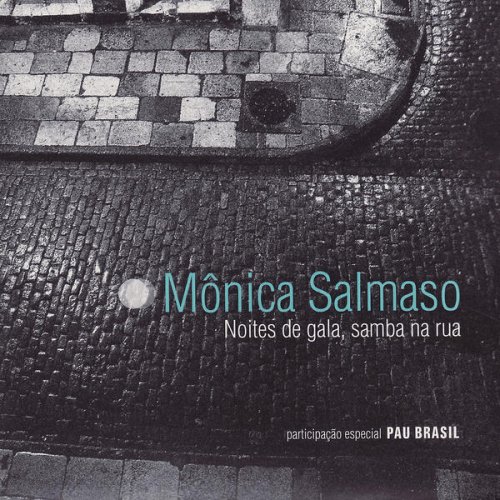
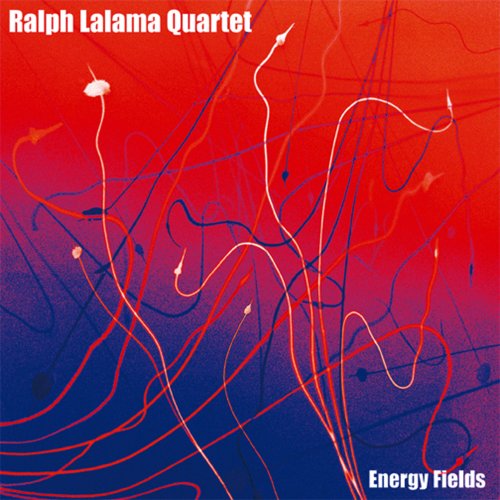
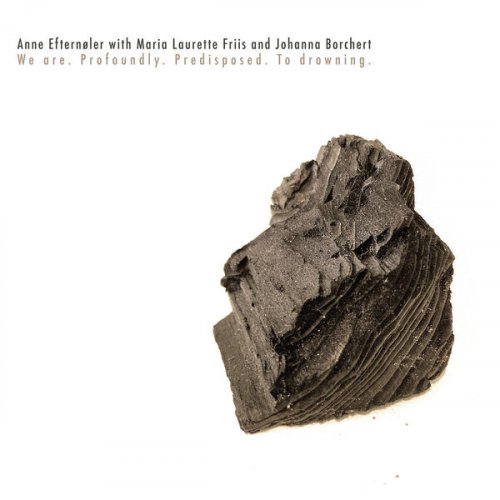
![Karsten Vogel - Late Night Ballads (2026) [Hi-Res] Karsten Vogel - Late Night Ballads (2026) [Hi-Res]](https://www.dibpic.com/uploads/posts/2026-02/1771430081_n5uklrl79ymhl_600.jpg)
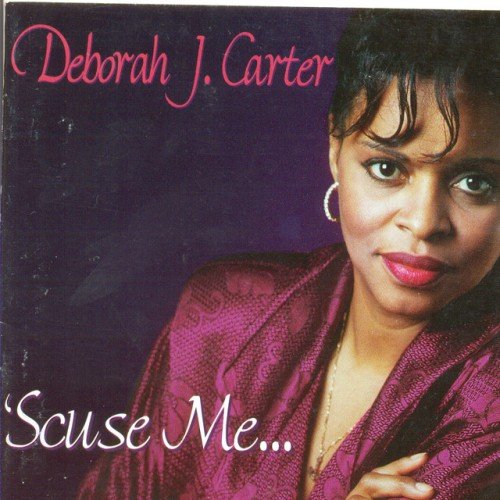
![Ex Novo Ensemble - OSVALDO COLUCCINO: Emblema (2018) [Hi-Res] Ex Novo Ensemble - OSVALDO COLUCCINO: Emblema (2018) [Hi-Res]](https://img.israbox.com/img/2026-02/22/ot6pocjri3hisq06iz4768yl5.jpg)
